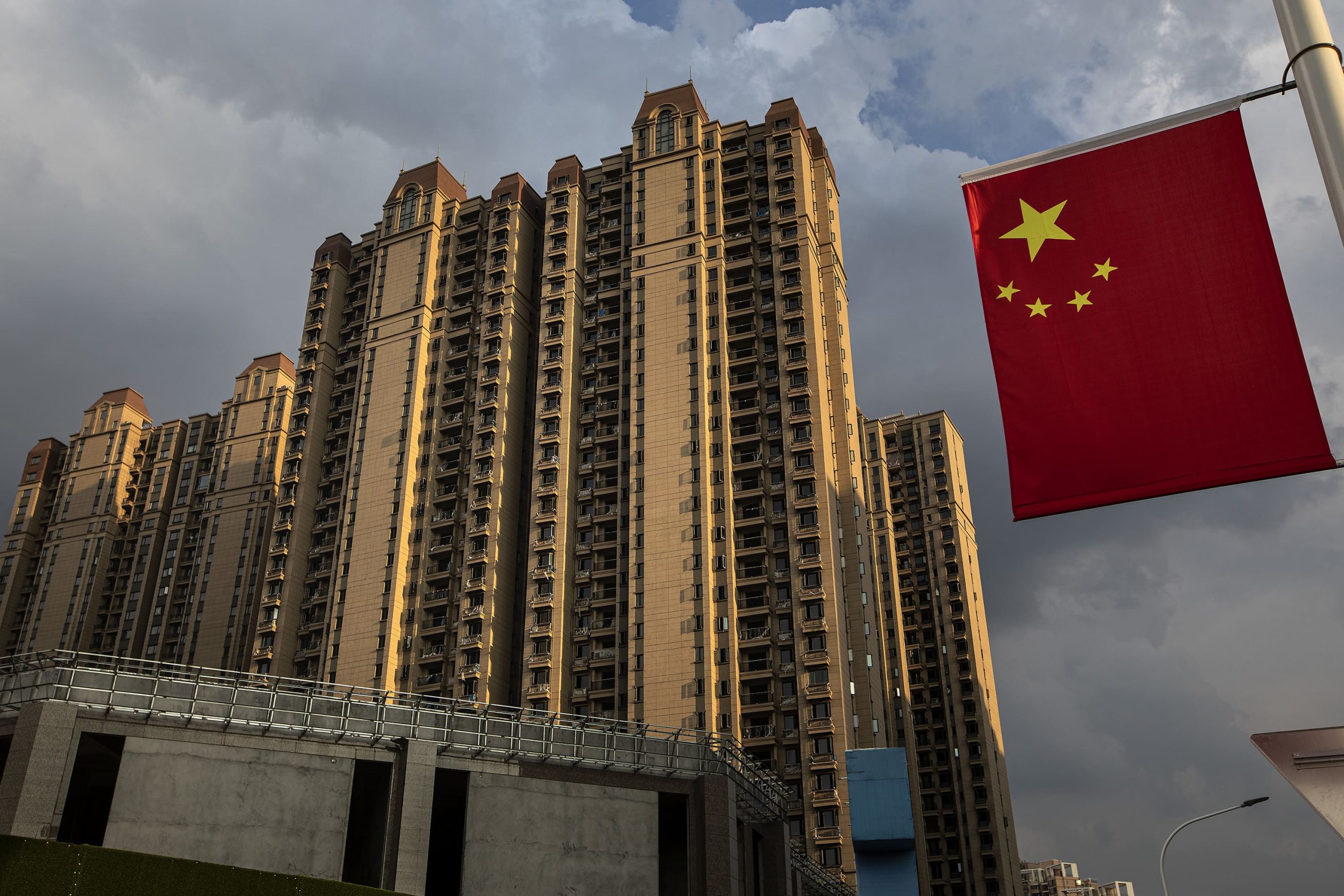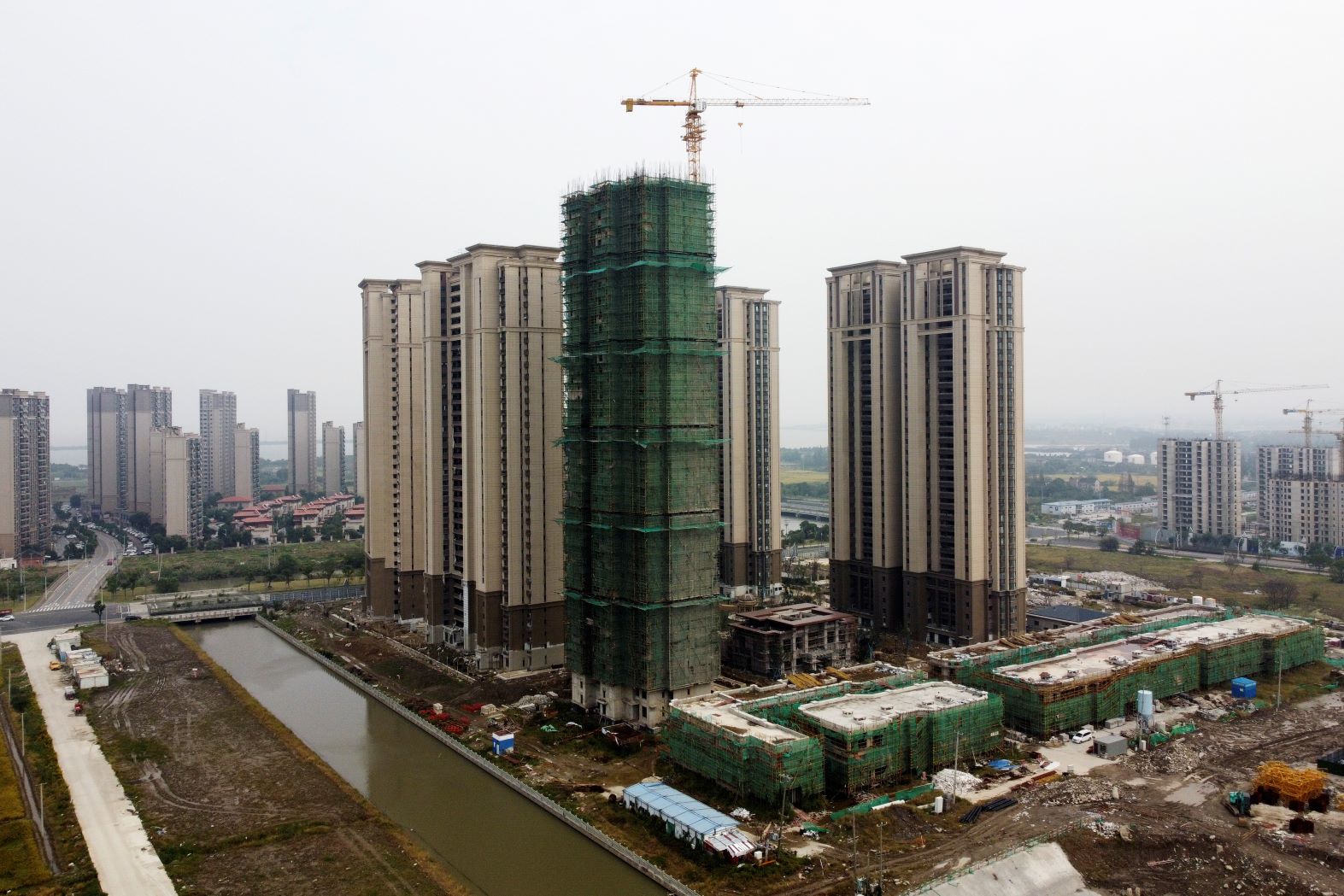Chinese lenders have reduced the country’s benchmark five-year loan prime rate for the first time since June, as part of efforts to stimulate China’s sluggish property market.
The People’s Bank of China (PBOC) opted to maintain the one-year loan prime rate — which serves as the reference for most household and corporate loans in China — at 3.45%.
However, it announced a 25 basis point cut in the benchmark five-year loan rate, utilized for most mortgages, bringing it down to 3.95%. This decision was revealed in a statement issued by the PBOC on Tuesday.

The reduction in the five-year rate for the February monthly fix surpassed expectations, with economists anticipating a decrease of between five to 15 basis points. This marks the most significant single cut in the five-year rate since June, when it was trimmed by 10 basis points.
Louise Loo, lead economist at Oxford Economics, interpreted the asymmetric rate adjustments as a continuation of targeted easing measures by Chinese authorities aimed at bolstering the property sector.
Loo emphasized that while today’s rate cut might stimulate demand marginally, it should be contextualized within a broader range of measures required to go through an inevitable correction in the property market.

China determines its loan prime rates on a monthly basis, based on proposals submitted by 20 designated commercial lenders to the PBOC. These rates typically align with the medium-term policy rate, which remained unchanged for February, as announced by the PBOC on Sunday.
In addition to rate adjustments, China reduced reserve ratio requirements for banks by 50 basis points starting from February 5, injecting 1 trillion yuan ($139.8 billion) in long-term capital into the system. Banks were also encouraged to extend loans to high-quality real estate developers.
This crackdown led to the bankruptcy of some major real estate firms, dampening consumer spending and economic growth in the world’s second-largest economy.







Leave a Reply